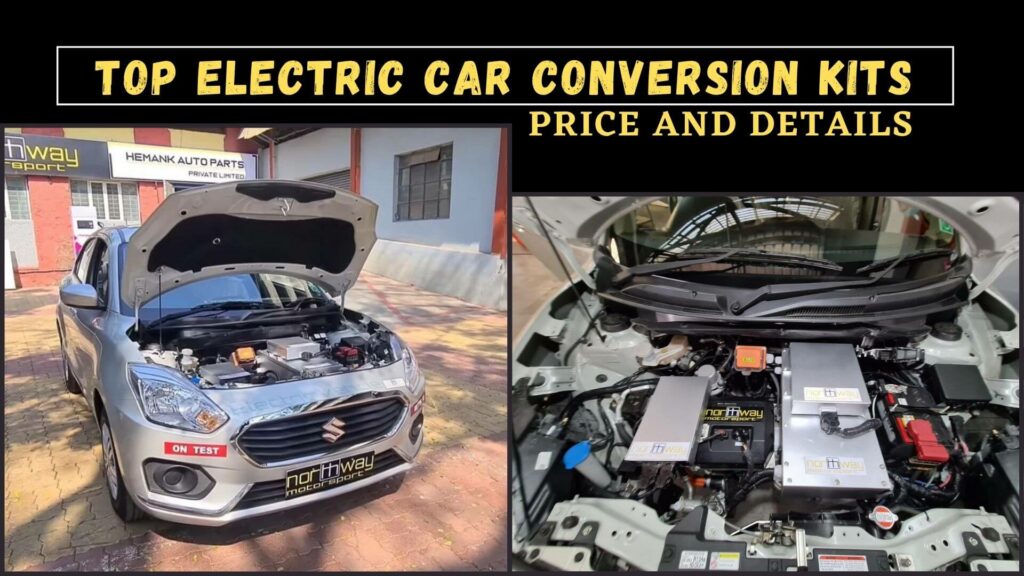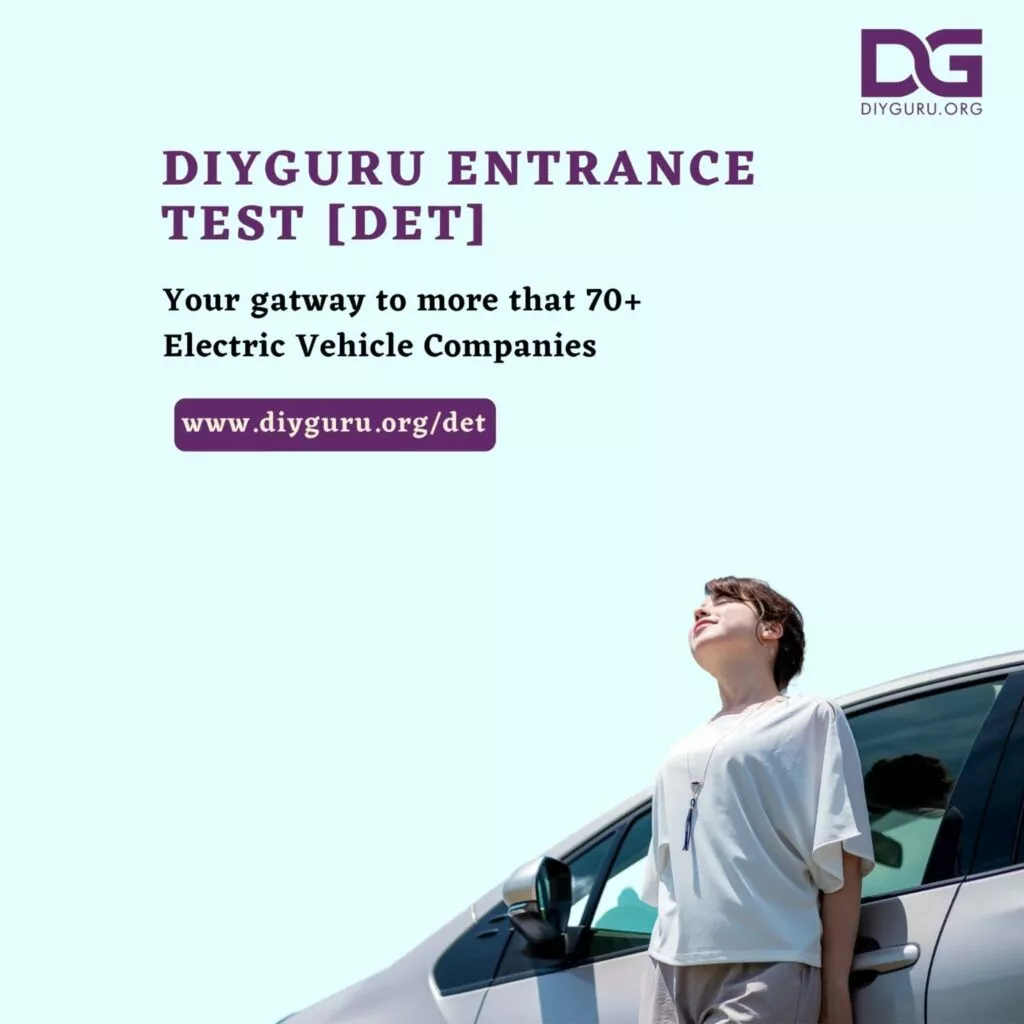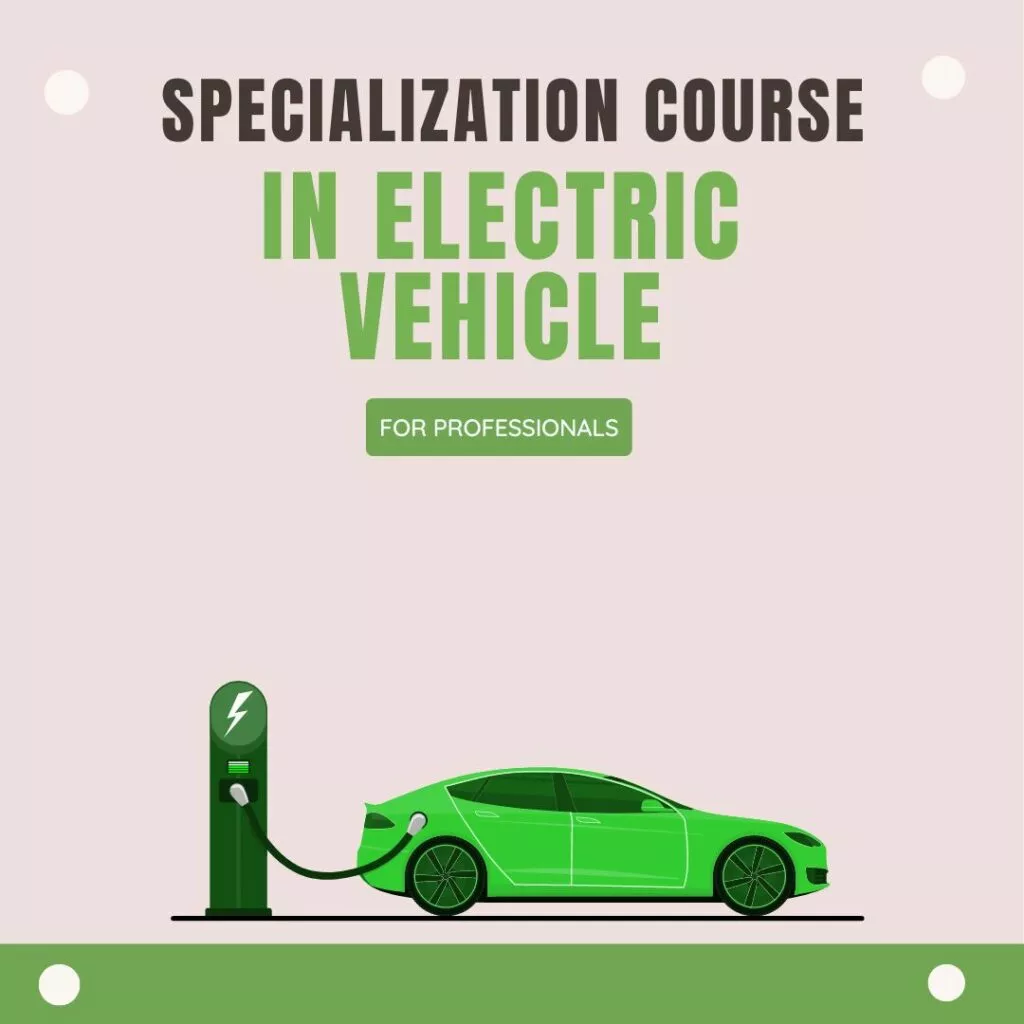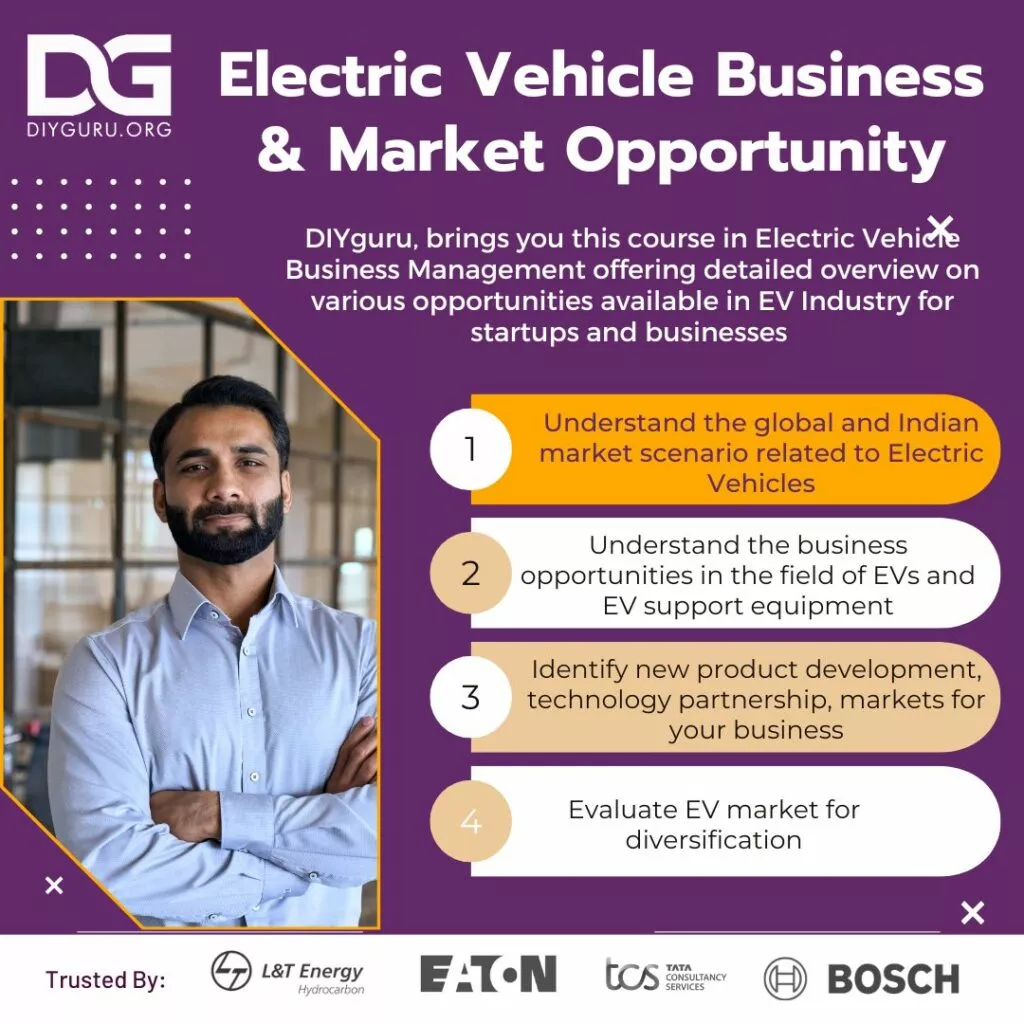Over the past ten years, consumers have become increasingly aware of the environmental and financial consequences of the natural resources they rely on. In an effort to lessen these effects, a lot of people want to buy electric cars or learn about their options for switching from cars with gas-powered engines to electric ones. As a result, there is a growing demand for companies that specialize in the conversion of electric vehicles (EVs), which are a more cost-effective method of reducing a person’s carbon footprint than other options.

Follow these ten steps to start an electric vehicle conversion business:
- Plan your Electric Vehicle Conversion Business
- Form your Electric Vehicle Conversion Business into a Legal Entity
- Register your Electric Vehicle Conversion Business for Taxes
- Open a Business Bank Account & Credit Card
- Set up Accounting for your Electric Vehicle Conversion Business
- Get the Necessary Permits & Licenses for your Electric Vehicle Conversion Business
- Get Electric Vehicle Conversion Business Insurance
- Define your Electric Vehicle Conversion Business Brand
- Create your Electric Vehicle Conversion Business Website
- Set up your Business Phone System
Beyond simply registering a business with the state, there are other aspects to the process. This straightforward guide to starting an electric vehicle conversion business has been prepared by us. Your new business will be legally compliant, well-planned, and properly registered if you follow these steps.
STEP 1: Plan your business
Success as an entrepreneur requires a well-defined strategy. It will assist you in mapping out the particulars of your company and identifying some unknowns. Important considerations include:
What are the costs involved in opening an electric vehicle conversion business?
As recently referenced, your underlying venture will zero in on your schooling/accreditation. You will need to make a workstation once you pass the certification exam. This ought to be a separate, properly zoned space with all of the necessary tools.
It is essential to budget for specialized insurance because you will need to invest a significant amount of money in both yourself and your auto workshop. An accomplished insurance expert can assist with deciding the kinds of contracts and level of inclusion you really want. Consider applying for grants from the Environmental Protection Agency (EPA), a local Small Business Administration (SBA) office, or private investors if funding is a concern.
What are the ongoing expenses for an electric vehicle conversion business?
Work with a financial advisor to figure out how much you should budget for ongoing expenses when creating your business plan. Due to the labor-intensive nature of the EV conversion process, payroll will account for the majority of your costs. The following are additional ongoing costs:
- Mortgage/rent
- Utilities
- Equipment maintenance, repair, and replacement
- EV conversion kits (prices start at $2,000)
- Business licensing
- Advertising and marketing
- Insurance
Who is the target market?
At first, customers in your local area who are concerned about the effects of air pollution on the environment should be your target market. They have made it their mission to educate others and effect positive change.
The majority of people who enter this industry are driven to reduce their carbon footprint. They enjoy learning and want to share their knowledge with others. You will reach a secondary layer of potential customers through your efforts, those who
How does an electric vehicle conversion business make money?
An electric vehicle conversion business generates revenue from each vehicle it services and/or converts
How much can you charge customers?
While some EV conversion businesses charge as much as $25,000, the average price is $8,000 to $11,000 based on the specifics of the vehicle undergoing the conversion.
How much profit can an electric vehicle conversion business make?
If a business owner does all of the work themselves, charges an average of $9,500 per vehicle conversion, and converts one vehicle per week, they could make $38,000 per month. This entrepreneur can anticipate earning $27,000 per month from expenses totaling $11,000 on average (including the cost of conversion kits).
How can you make your business more profitable?
To maximize profits, electric vehicle conversion business owners should consider offering additional services. Two profitable services to consider include EV auto repair and car detailing. In areas where demand is high, opening a technical school also would prove profitable.
What will you name your business?
It’s important and hard to pick the right name. Visit our How to Name a Business guide if you don’t already have a name in mind, or use our Business Name Generator to get ideas for names. If you’re a sole proprietor, you might want to run your business under a name other than your own. To find out more, check out our DBA guide.
We recommend conducting research on your business name by checking the following before registering it:
STEP 2: Form a legal entity
The sole proprietorship, partnership, limited liability company (LLC), and corporation are the most prevalent business structures.
If your electric vehicle conversion business is sued, you won’t be held personally liable if you set up a legal business entity like an LLC or corporation.
You can form an LLC yourself and pay only the minimal state LLC costs or hire one of the Best LLC Services for a small, additional fee.

STEP 3: Register for taxes
You will need to register for a variety of state and federal taxes before you can open for business.
In order to register for taxes you will need to apply for an EIN. It’s really easy and free!
Small Business Taxes
The manner in which your business will be taxed may differ depending on the business structure you choose. For instance, it may be advantageous for some LLCs to be taxed as an S corporation (S corp).
These guides can help you learn more about taxes for small businesses:
- LLC Taxes
- Sole Proprietorship vs LLC
- LLC vs Corporation
- LLC vs S Corp
- How to Start an S Corp
- S Corp vs C Corp
STEP 4: Open a business bank account & credit card
Using dedicated business banking and credit accounts is essential for personal asset protection.
When your personal and business accounts are mixed, your personal assets (your home, car, and other valuables) are at risk in the event your business is sued. In business law, this is referred to as piercing your corporate veil.
Additionally, learning how to build business credit can help you get credit cards and other financing in your business’s name (instead of yours), better interest rates, higher lines of credit, and more.
Open a business bank account
Besides being a requirement when applying for business loans, opening a business bank account:
- Separates your personal assets from your company’s assets, which is necessary for personal asset protection.
- Makes accounting and tax filing easier.
Open net 30 accounts
Net 30 accounts are used to increase cash flow and establish and build business credit. Businesses can purchase goods with a net 30 account and repay the entire balance within 30 days.
The major business credit bureaus (Dun & Bradstreet, Experian Business, and Equifax Business Credit) receive reports from numerous Net 30 credit vendors. Businesses can get credit cards and other lines of credit if they build business credit in this way.
STEP 5: Set up business accounting
Recording your various expenses and sources of income is critical to understanding the financial performance of your business. Keeping accurate and detailed accounts also greatly simplifies your annual tax filing.
STEP 6: Obtain necessary permits and licenses
Failure to acquire necessary permits and licenses can result in hefty fines, or even cause your business to be shut down.
State & Local Business Licensing Requirements
Certain state permits and licenses may be needed to operate an Electric Vehicle Conversion business. Learn more about licensing requirements in your state by visiting SBA’s reference to state licenses and permits.
In addition, certain local licensing or regulatory requirements may apply. For more information about local licenses and permits:
- Check with your town, city or county clerk’s office
- Get assistance from one of the local associations listed in US Small Business Associations directory of local business resources.
STEP 7: Get business insurance
Your company needs insurance to operate legally and safely, just like it needs permits and licenses. In the event of a covered loss, business insurance safeguards the financial well-being of your business.
There are a few sorts of insurance contracts made for various kinds of organizations with various dangers. Start with General Liability Insurance if you don’t know what risks your business might face. Since this is the coverage that small businesses require the most, it is a great place to start for your company.
STEP 8: Define your brand
What your business stands for and how it is perceived by the general public are both part of your brand. Your business will be able to stand out from the competition with a strong brand.
Check out our Design Guides for Beginners if you’re not sure how to design a logo for your small business. There, we’ll give you helpful advice on how to make the best, most distinctive logo possible.
How to promote & market an electric vehicle conversion business
You should focus your advertising efforts on your local area because your auto workshop services are only available there. Consumers should be educated through marketing materials that anticipate and respond to common questions. Paid advertisements in local publications should be considered by business owners in addition to targeted online and social media advertising. Organizations that promote clean energy and other social networking sites are great ways to get the word out and stay up to date on new trends.
How to keep customers coming back
Once you convert a customer’s vehicle, you have a unique opportunity to retain that customer. Those who have a positive first experience will look to you for advice and repairs in the future.
STEP 9: Create your business website
The next step is to create a website for your business after defining your brand and designing your logo.
Even though creating a website is a necessary step, some people may worry that they can’t because they don’t know how. In spite of the fact that this may have been a justifiable concern in 2015, web technology has made significant advancements in recent years that greatly simplify the lives of small business owners.
The main reasons you shouldn’t wait to build your website are as follows:
End of story. Every legitimate business has a website. When it comes to getting your business online, it doesn’t matter how big or what industry it is in.
A business website that you own cannot be used in place of social media accounts like Facebook pages or LinkedIn business profiles.
The GoDaddy Website Builder and other website builder tools have simplified the process of creating a basic website. To create a website of which you can be proud, you do not need to hire a web developer or designer.
The process shouldn’t take you more than two to three hours to complete if you follow our website building guides.
STEP 10: Set up your business phone system
One of the best ways to help keep your personal and professional lives separate and private is to set up a phone for your business. That isn’t the only advantage; it additionally assists you with making your business more robotized, gives your business authenticity, and makes it simpler for likely clients to find and reach you.
When it comes to establishing a business phone system, entrepreneurs have access to a wide range of services. Based on price, features, and ease of use, we have rated the best businesses. Find the best phone service for your small business by reading our review of the Best Business Phone Systems 2022.
History of EV Retrofit Technology
The Supreme Court of India made a landmark decision in 1998 to gradually phase out diesel buses from Delhi’s streets. The then-record levels of poisons in the air constrained the High Court to concede help to the residents. In any case, what was the verdict for? The bench suggested that the polluting buses be taken off the road or that a cleaner diesel engine be used in their place. Utilize compressed natural gas (CNG) to retrofit it. The choice was well-thought out, and it was necessary for citizens’ safety and their right to clean air.

















